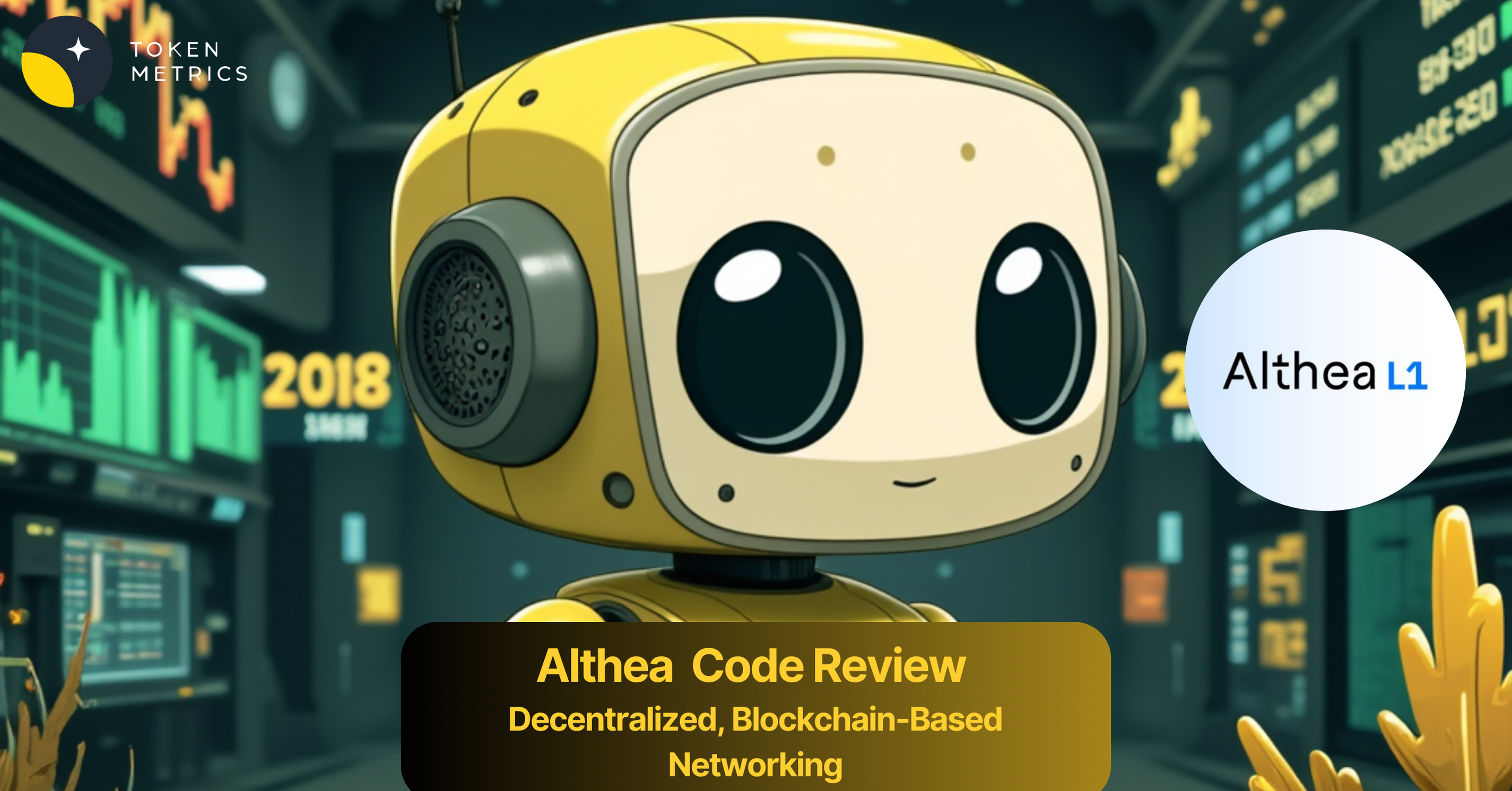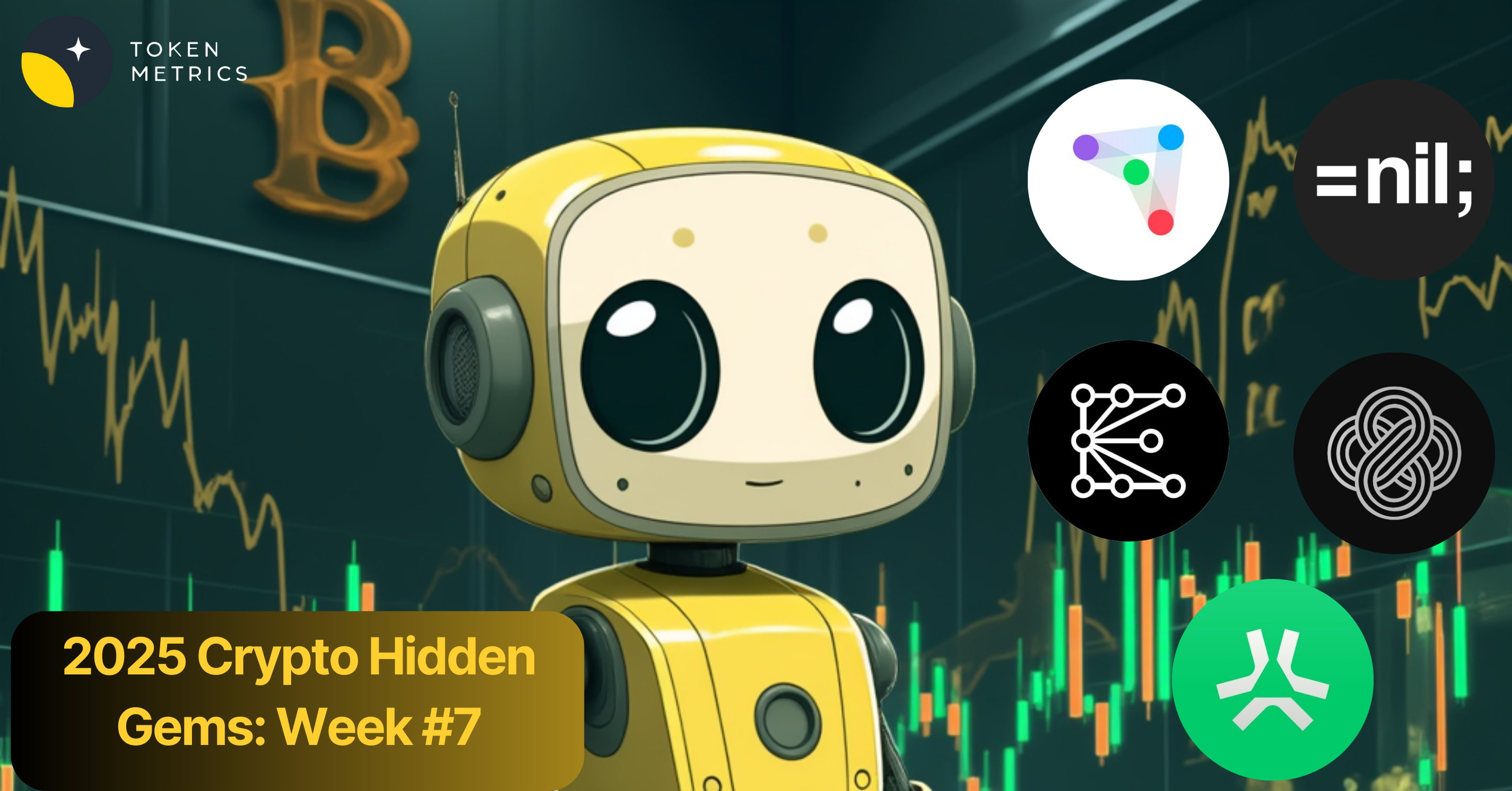Monte Carlo DEX: Derivative Protocol on Arbitrum | Deep Dive
Review Date: June 27, 2021
Introduction
Monte Carlo DEX has launched on Arbitrum’s mainnet and with a novel V3 architecture that has superior capital efficiency and permissionless perpetual markets. Backed by leading DeFi funds such as Delphi Ventures, Alameda research, and Multicoin Capital it looks positioned to become a leading DEX after Arbitrum’s mainnet becomes open to the public.
DeFi derivatives look to be the next emerging ecosystem in DeFi that has the potential to eclipse the volume of spot exchanges such as Uniswap and Sushiswap. A core requirement for derivative protocols is to solve transaction latency associated with the 10-second block time on Ethereum layer-1 which is often solved by integrating with layer-2 scalability solutions
Monte Carlo DEX V3
Monte Carlo DEX V3 is a sizable innovation in the derivatives space as it addresses transaction latency associated with scalability, capital efficiency in the AMM, and making perpetual markets of a permissionless nature. First, let us overview what is meant by permissionless perpetual markets and how it links to a key advantage over CEX derivatives being derivative optionality. Permissionless perpetual markets mean any market participant can create a perpetual market for any ERC20 token given it has a price feed. Additionally, the market creator can choose any ERC20 to be used as collateral for trading these perpetual contracts [1]. Derivatives optionally are very attractive to traders. Take the following example:
Trader A wants to long ETHUSD using USDC as collateral whereas Trader B wants to long ETHUSD using ETH as collateral. Instead of having to migrate to an exchange where the contract is present, both traders can create a perpetual market on Monte Carlo DEX and trade their own perpetual contract.
Those who create perpetual markets in Monte Carlo DEX V3 are known as Operators. Operators are responsible for setting the initial parameters of the market such as the margin rate and the risk parameters associated with the AMM [1].
They also pay for the Oracle service which provides the price feed for the asset in the perpetual market. By doing this the Operators are able to extract a portion of the derivative trading fees for themself via a management fee.
AMM V3 Design
The AMM in Monte Carlo DEX serves as the counterparty to all perpetual trading. It anchors the price to the spot index price using funding rates in which longs and shorts have to pay the opposite side of the market depending upon the relative positions of each side of the market [2]. In designing the AMM the following question was asked:
How do we improve the capital efficiency of the AMM and how do we increase expected profits for LPs?
Ultimately capital efficiency helps to produce a better trading experience by reducing slippage for perpetual traders and focusing on LP’s profits will help attract more liquidity providers further improving the trading experience. The design goals were achieved through the following [2]:
Capital efficiency: AMM should decrease slippage to attract traders. Solution for this is concentrating more funds near the index price. Also introduces the idea of a shared liquidity pool meaning that multiple AMMs with the same collateral can be used as a single liquidity pool.
Maximize LP’s profit: Either increase trading fees or reduce the number of arbitrage opportunities. The former will deter traders away from the platform so in the design the latter was favored. Additionally, the funding payment mechanism serves as a way to further increase LP’s profits.

Arbitrum Mainnet Launch
The primary reason to deploy a derivatives protocols smart contract on a layer-2 scaling solution is to decrease the gas fees associated with each trade. Trading on Ethereum layer-1 is completely infeasible once there is congestion in the network, hence layer-2 scalability solutions are paramount to DeFi derivative adoption. In choosing a layer-2 scalability solution Monte Carlo DEX looked for the following requirements [3]:
- Product Readiness: Mature proven technology close to mainnet launch.
- Fee and Performance: Drastically reduce gas fees and maximise tx/s.
- Decentralization: Highly decentralized with security level akin to L1 transactions.
- Developer-Friendliness: EVM compatible meaning no rewrite of codebase is needed.
In the team’s research, they viewed zk-rollups based on zero-knowledge cryptography to be the more impressive solution over-optimistic rollup but the implementation of such scalability solutions is taking more time to become production-ready. Therefore, Arbitrum was the scalability solution of choice plus Arbitrum in the future plan to launch a zk-rollup which means Monte Carlo DEX will not have to migrate to a new scalability solution [3].
MCDEX DAO & Tokenomics
The Monte Carlo DEX community and its issued governance token MCB will be able to participate in communal governance of the protocol in the DAO as part of the V3 protocol. The DAO will have a vault that will store assets and the MCB token holders will vote on how best to use those assets. Those assets derive from:
- Share from the fees captured by the MCDEX ecosystem.
- Newly issued MCB in the MCB tokenomics.
- Buyback MCB from the secondary market.
- Incentives for governance, development and providing liquidity.
Upon June 1st 2021 exactly 2,193,177 MCB had been issued according to Proposal 19 which proposed that the MCB maximum supply be capped at 10mm tokens. Additionally, the issuance was determined to be 1300 MCB/day [4].
Backers & Community Sale
Monte Carlo DEX raised $7mm in total with $6mm raised by a round led by Delphi Digital & Alameda Research plus the likes of Multicoin Capital and DeFiance Capital [5].
The remaining $1mm was for the community sale of MCB for those who are already holding this token [6]. This distribution of fund raising is very aligned to the Defi ethic of the community and market participants should benefit from the protocols growth and value capture. Allowing the MCB community to participate in the community sale to raise funds for the development of the protocol is a novel way to incentivize protocol usage.

Summary
Monte Carlo DEX has shown a strong understanding of the problems associated with derivative trading using AMM’s and has provided innovative solutions to address transaction latency, liquidity to reduce slippage and incentives to attract liquidity providers. Now launched on Arbitrum’s mainnet it has some serious potential to attract volume and become a leading DEX in the derivatives space. The V3 architecture is strong but ultimately the investment thesis needs to be backed by on-chain data and growth in the protocol. Backed by leading DeFi funds such as Delphi Ventures, Alameda Research and Multicoin capital Monte Carlo DEX looks positioned to become a prominent protocol in the derivatives space.
References
- https://mcdex.io/references/#/en-US/mai-protocol-v3
- https://mcdexio.github.io/documents/en/Shared-Liquidity-AMM-of-MAI-PROTOCOL-v3.pdf
- https://medium.com/mcdex/why-arbitrum-our-response-to-a-frequently-asked-question-c6243b2e43a6
- https://mcdex.io/references/#/en-US/mcb-tokenomics
- https://mcdex.medium.com/mcdex-closes-7m-investment-962512f40c97
- https://mcdex.medium.com/mcb-community-sale-is-live-cf3956439e95
Disclaimer
Token Metrics Media LLC is a regular publication of information, analysis and commentary focused especially on blockchain technology and business, cryptocurrency, blockchain-based tokens, market trends, and trading strategies.
Token Metrics Media LLC does not provide individually tailored investment advice and does not take a subscriber’s or anyone’s personal circumstances into consideration when discussing investments; nor is Token Metrics Media LLC registered as an investment adviser or broker-dealer in any jurisdiction.
Information contained herein is not an offer or solicitation to buy, hold or sell any security. The Token Metrics team have advised and invested in many blockchain companies. A complete list of their advisory roles and current holdings can be viewed here: https://tokenmetrics.com/disclosures/





